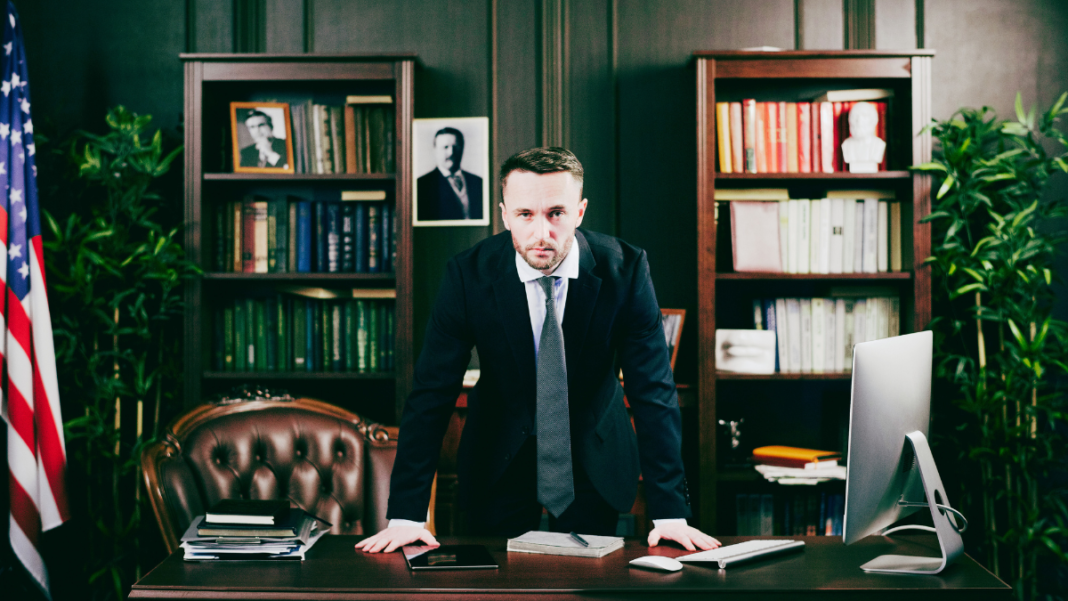Corruption in politics is a widespread issue that undermines democracy, hinders development, and perpetuates inequality. Despite global efforts to combat this menace, many politicians continue exploiting their positions for personal gain. In this article, HTC News highlights some of the top corrupt politicians in the world, going through their infamous deeds and the impact of their actions on their respective nations.

The Faces of Corrupt Politicians
Robert Mugabe
Robert Mugabe, the former President of Zimbabwe, is often cited as one of the most corrupt politicians in recent history. His tenure, spanning from 1980 to 2017, was marked by worldwide human rights abuses, economic mismanagement, and rampant corruption. Mugabe and some of his officials were accused of embezzling billions of dollars from Zimbabwe’s coffers, contributing to the country’s financial collapse and hyperinflation crisis. Under his rule, corruption became deeply entrenched in the fabric of Zimbabwean society, with high-level government officials frequently implicated in illicit activities.
Ferdinand Marcos
Ferdinand Marcos, the tenth leader (president) of the Philippines, ruled from 1965 to 1986 and is notorious for his corrupt practices. His regime was characterized by widespread corruption, political repression, and human rights violations. Marcos and his wife, Imelda, reportedly amassed a fortune estimated at between $5 billion and $10 billion through embezzlement, bribes, and kickbacks. The couple’s extravagant lifestyle and discovery of their hidden wealth, including art collections and real estate, are stark reminders of their corrupt reign.
Mobutu Sese Seko
Mobutu Sese Seko, the leader (president) of Zaire (commonly known in the present day as the Democratic Republic of the Congo) from the year 1965 to 1997, was infamous for his kleptocratic rule. Mobutu institutionalized corruption to such an extent that it became a defining characteristic of his administration. He is believed to have embezzled up to $5 billion from the country’s treasury, funneling the money into foreign bank accounts and lavish personal expenditures. His corrupt governance left the country impoverished and contributed to ongoing instability and conflict.
Vladimir Putin
Vladimir Putin, the President and leader of Russia, has faced numerous allegations of corruption throughout his political career. Critics accuse Putin and his associates of amassing significant wealth through state resources, business ventures, and oligarchic networks. Investigative reports suggest that Putin controls assets worth billions of dollars, often hidden through a complex web of proxies and shell companies. Despite these accusations, Putin remains an influential figure in Russian politics, with little accountability for the alleged corruption.
Sani Abacha
General Sani Abacha, who governed Nigeria from 1993 until he died in 1998, is another prominent example of a corrupt politician. Abacha’s regime was marked by severe human rights abuses and large-scale embezzlement. He is believed to have stolen between $3 billion and $5 billion from the Nigerian treasury, much of which was stashed in foreign bank accounts. The looted funds were later traced and partially recovered, but Abacha’s legacy of corruption continues to haunt Nigeria.
The Impact of Corruption in a Country
Economic Consequences
The economic impact of corrupt politicians is devastating, and its effects are not short-lived. Embezzlement and mismanagement of public funds lead to a lack of investment in essential services like healthcare, education, and infrastructure. This results in widespread poverty and hampers economic development. Countries plagued by corruption often experience slow growth, high levels of debt, and poor living conditions for their citizens. This situation is complicated to reverse.
Erosion of Trust
Corruption diminishes public trust in government institutions and officials. When politicians engage in corrupt practices, citizens lose faith in the political system. This leads to apathy and disengagement from the democratic process. As a result, corruption becomes normalized, and efforts to combat it are met with skepticism and resistance.
Conclusion
The issue of corrupt politicians remains a significant challenge worldwide. Figures like Robert Mugabe, Ferdinand Marcos, Mobutu Sese Seko, Vladimir Putin, and Sani Abacha exemplify the destructive power of corruption in politics. Combating this scourge requires sustained efforts from international bodies, national governments, and civil society to promote transparency, accountability, and good governance. We can only build a fairer and more just world by addressing the root causes of corruption.
read more: Other Ways to Register to Vote in the USA


